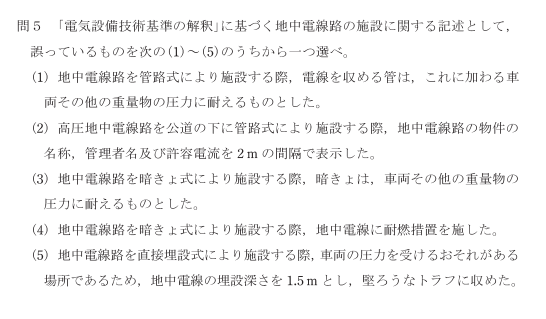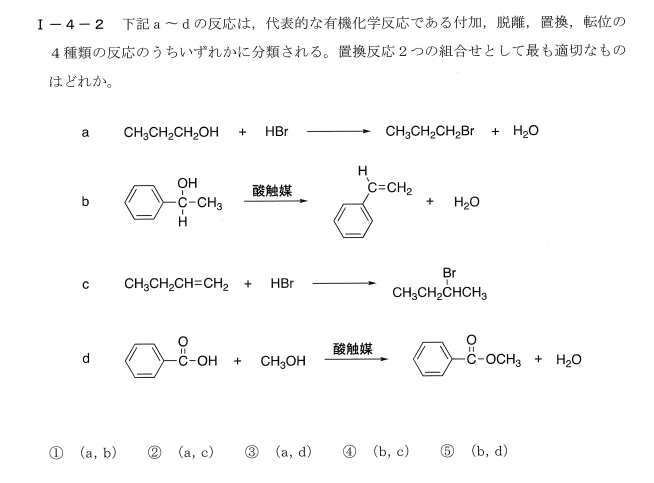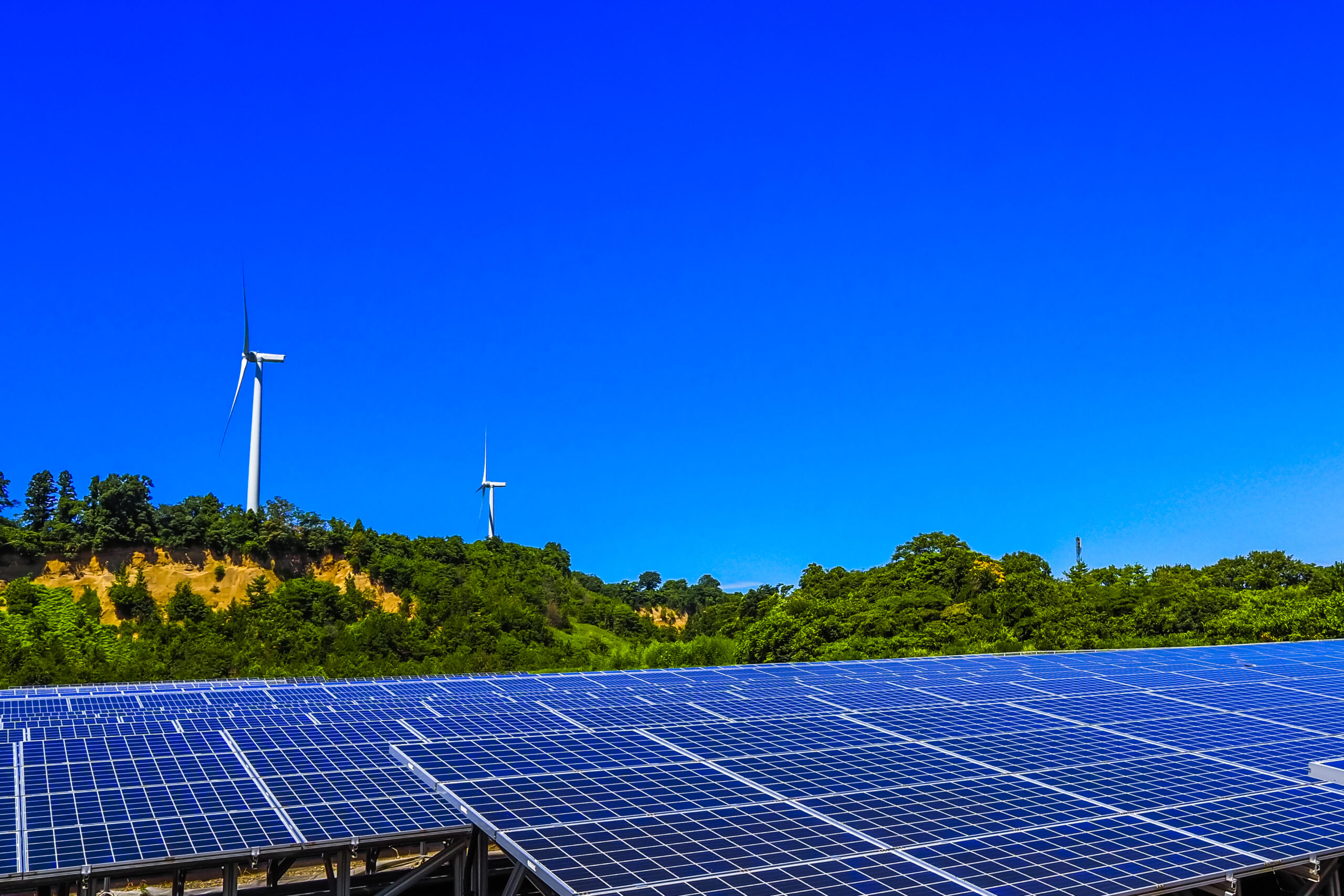ByJoey Klender投稿日: 2021年5月19日
フォルクスワーゲン・オート・グループCEOのヘルベルト・ディースは、地球規模の気候問題を解決するために水素を利用することに否定的な声を上げている。「科学に耳を傾けてください」とDiessはツイートで述べた。
ドイツメディアのHandelsblattの報道を引用して、ディースは、水素を動力源とする自動車は、かつて考えられていたほど環境に配慮していないことが証明されている、と述べた。その代わりに、ディースは、フォルクスワーゲンAG傘下の多くの企業が参入を表明している電動化に注力すべきだと提案している。直近では、フォルクスワーゲンAGが所有するイタリアの自動車メーカー、ランボルギーニがその一例です。
The price of lithium-ion batteries has declined by 97% since 1991
There are several ways to store excess energy. Most of us think of batteries. Here we’re going to look at lithium-ion batteries: the most common type. Lithium-ion batteries are used in everything, ranging from your mobile phone and laptop to electric vehicles and grid storage.3 The price of lithium-ion battery cells declined by 97% in the last three decades. A battery with a capacity of one kilowatt-hour that cost $7500 in 1991, was just $181 in 2018. That’s 41 times less. What’s promising is that prices are still falling steeply: the cost halved between 2014 and 2018. A halving in only four years. We see this decline in the chart, which shows the average price trend of lithium-ion cells from 1991 through to 2018.4 This is shown on a logarithmic axis, and measured in 2018 US dollars per kilowatt-hour.5 This data comes from the work of Micah Ziegler and Jessika Trancik, who constructed a global database tracking lithium-ion cell prices, installed capacity and other metrics such as energy density over time.6 This database combines data from 90 series that describe how lithium-ion technologies have changed from 1990 onwards. The full article includes many more results and the authors’ discussion of their relevance, as well as the methodology behind this work. Additionally, you can also access the associated data series. Let’s put this price decline in perspective: The popular Nissan Leaf electric car – which is also one of the most affordable models – has a 40 kWh battery. At our 2018 price, the battery costs around $7,300. Imagine trying to buy the same model in 1991: the battery alone would cost $300,000. Or take the Tesla Model S 75D which has a 75 kWh battery. In 2018 the battery costs around $13,600; in 1991 it would have been $564,000. More than half a million dollars for a car battery. This shows how important these price reductions are for decarbonizing not only our electricity grids but our transport systems too.
ByJoey Klender投稿日: 2021年5月19日
フォルクスワーゲン・オート・グループCEOのヘルベルト・ディースは、地球規模の気候問題を解決するために水素を利用することに否定的な声を上げている。「科学に耳を傾けてください」とDiessはツイートで述べた。
ドイツメディアのHandelsblattの報道を引用して、ディースは、水素を動力源とする自動車は、かつて考えられていたほど環境に配慮していないことが証明されている、と述べた。その代わりに、ディースは、フォルクスワーゲンAG傘下の多くの企業が参入を表明している電動化に注力すべきだと提案している。直近では、フォルクスワーゲンAGが所有するイタリアの自動車メーカー、ランボルギーニがその一例です。
Diess said (via Google Translate):
“The hydrogen car is proven NOT to be the solution. Electrification has established itself in traffic. Sham debates are a waste of time. Please listen to the science!”
The Handelsblatt report that Diess cited shows that a new study from the Potsdam Institute for Climate Impact Research (PIK) has concluded that hydrogen cars are not the way to achieve climate neutrality. Instead, scientists who performed the study indicate that battery electric cars (BEVs) are more sustainable and can be a more environmentally-conscious option for those who are concerned about their car’s emissions.
The Handelsblatt report states:
“Rather, direct use of electricity would make more economic and ecological sense in the coming years, especially in the passenger car sector. It is also criticized that new hydrogen-based fuels could keep combustion technology alive longer, which in turn would ensure continued dependence on fossil fuels and thus further greenhouse gas emissions and endanger the climate targets.”
Additionally, Falko Ueckerdt, the lead author of the study and a PIK scientist, said:
“Such fuels as a universal climate solution are a bit of a false promise. While they are wonderfully versatile, they cannot be expected to replace fossil fuels on a large scale. This can only be achieved with direct electrification.”
The study highlights the high-energy requirements of hydrogen vehicles, which use substantially more electricity to produce an EV. The study states that the production uses between two to fourteen times the amount of electricity is needed for combustion engine cars in manufacturing. Hydrogen-powered cars utilize around five times as much energy as BEVs.
Diess, who has become one of the most vocal automotive frontmen in the industry in support of electrification, has led Volkswagen to become one of the major OEMs in the transition to EVs. Over the past two years, Diess has taken Volkswagen from the depths of the Dieselgate controversy to the heights of the EV sector, with its ID.4 winning 2021’s “World Car of the Year” Award for 2021.
What do you think? Let us know in the comments below, or be sure to email me at joey@teslarati.com or on Twitter @KlenderJoey.
Diessはこう言った(Google翻訳による)。
「水素自動車は解決策ではないことが証明された。電気自動車は交通の中で定着している。見せかけの議論は時間の無駄だ。科学に耳を傾けてください!"
Diessが引用したHandelsblattのレポートによると、ポツダム気候影響研究所(PIK)の新しい研究は、水素自動車は気候中立を達成する方法ではないと結論付けている。その代わりに、この研究を行った科学者たちは、バッテリー電気自動車(BEV)の方がより持続可能で、車の排ガスを気にする人たちにとって、より環境に配慮した選択肢になりうると示しているのです。
ハンデルスブラット紙のレポートにはこうあります。
"むしろ、電気を直接利用する方が、今後数年間、特に乗用車の分野では経済的にも環境的にも理にかなっているであろう。また、水素ベースの新燃料は、燃焼技術をより長く存続させ、その結果、化石燃料への依存が続き、温室効果ガスの排出がさらに増え、気候目標が危うくなると批判している。"
さらに、この研究の主執筆者でPIKの科学者であるFalko Ueckerdtは、こう言っています。
"このような燃料は、普遍的な気候解決策としては、少し誤った約束です。燃料の汎用性は素晴らしいが、化石燃料を大規模に置き換えることは期待できない。これは、直接電化によってのみ達成できるのです"。
この研究は、水素自動車の高いエネルギー要件を強調しており、EVを製造するためにかなり多くの電力を使用します。この研究では、内燃機関自動車の製造に必要な電力量の2倍から14倍を使用するとしています。水素自動車はBEVの5倍程度のエネルギーを利用する。
電動化を支持する自動車業界で最も声高なフロントマンの一人となったディースは、フォルクスワーゲンをEVへの移行における主要OEMのひとつに導いている。この2年間で、ディースはフォルクスワーゲンをディーゼルゲート論争のどん底からEV分野の高みへと導き、ID.4は2021年の「ワールド・カー・オブ・ザ・イヤー」賞を受賞している。
あなたはどう思いますか?以下のコメント欄でお知らせください。または、joey@teslarati.com、Twitterの@KlenderJoeyまで必ずメールしてください。
<おすすめ記事>
・【再エネ】太陽光発電の仕組みと特徴、蓄電設備、設置場所のあれこれ 結局得か損か?
・テスラの蓄電池(パワーウォール)について
・【株式投資でマネーマシンを作る】管理人のポートフォリオ・スペック




